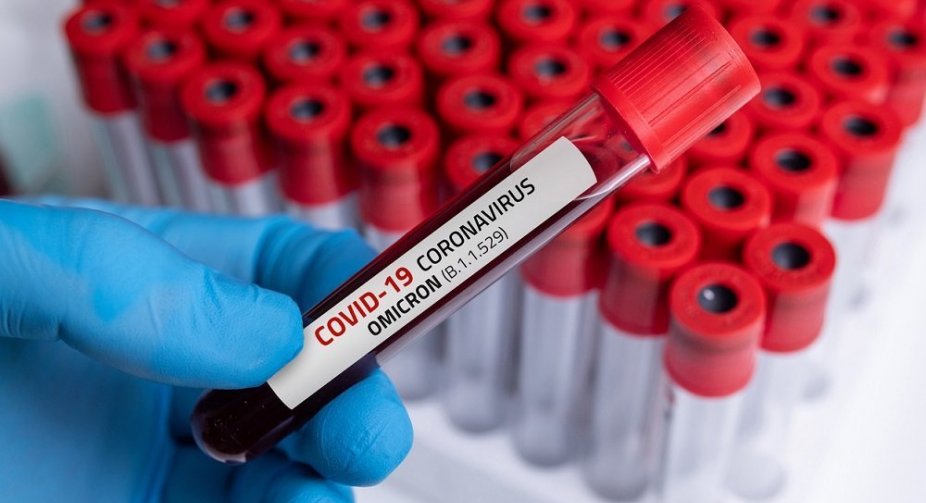The Ministry of Health reported the symptoms of the new strain of the coronavirus Omicron. The most common are a runny nose and headache.
This is reported by RBC-Ukraine, referring to the message of the Ministry of Health.
Those infected with Omicron most often have the following symptoms:
runny nose (73%),
headache (67.5%),
fatigue (63.5),
sneezing (60%),
sore throat (59.6%).
At the same time, no significant difference from the symptoms of the "Delta" strain, which now dominates in Ukraine, was found. Therefore, additional symptoms may be observed:
cough (43.5%),
hoarse voice (35.7%),
chills or shivering (30%),
fever (29.4%),
loss/distortion of smell and/or taste (23.7%).
Although Omicron symptoms appear similar to the common cold, the new strain can also cause long-term health effects, hospitalizations and deaths, the Health Department noted.
Because of the rapid spread of Omicron, those who have not received at least a basic course of vaccination against COVID-19 are at risk.






